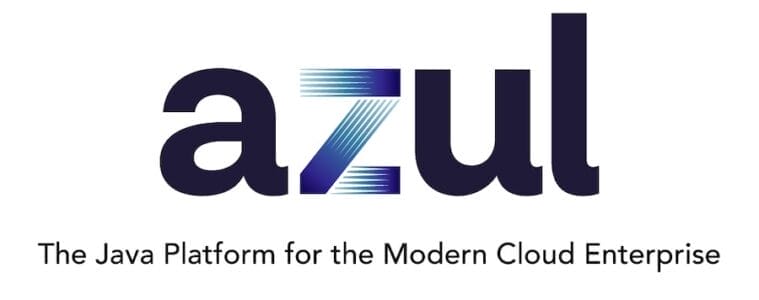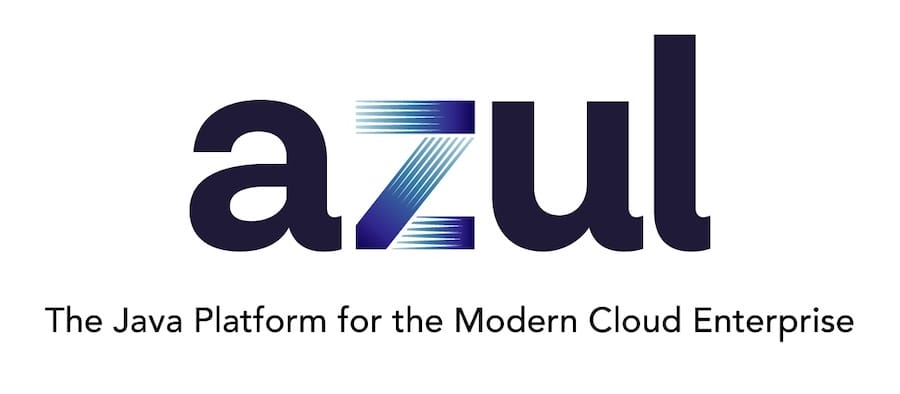
Azul, the only company 100% focused on Java, has announced that Azul Platform Prime, the company’s award-winning High-Performance Java Platform based on OpenJDK, delivers record performance against industry benchmarks, outperforming other OpenJDK distributions by an average of 37%. The company also introduced its Java Performance Engineering Lab, which collaborates with global Java developers and customers’ technical teams to deliver enhanced Java performance through continuous benchmarking, code modernisation recommendations and in-depth analysis of performance impacts from new OpenJDK releases.
Why a High-Performance Java Platform Matters
Today’s enterprises are challenged to deliver against lofty expectations for Java application performance and customer experience. Companies typically over-allocate compute resources in the cloud and on-prem in an effort to increase code speed and improve stability and availability, a problem which only worsens with fluctuating peaks in demand throughout the business day. These cloud cost overruns are especially acute in high-performance sectors like trading, payments, fraud, SaaS, retail/ecommerce, gaming and ad tech.
With Azul Platform Prime, enterprises can dramatically improve application performance and responsiveness, reduce their cloud/infrastructure compute costs and increase DevOps productivity – all without recompiling or changing their application code.
Examples of recent customer achievements using Azul Platform Prime include:
- Global travel technology and distribution platform company – reduced a query application’s response time by 80%, lowered its error rate and eliminated slower and stalled transactions.
- Workday – improved its SaaS operational efficiency by 95%, eliminating over 42,000 person hours across an 18-month period. This saved Workday millions of dollars while freeing its developers to do more productive work.
- British video game developer – eliminated ticks over 600ms, erasing any pauses a gamer can detect while playing – this improved the platform’s gaming performance by 20% and improved the overall gaming experience.
- Global retailer/e-commerce company – experienced 40% compute reduction for 70+ e-commerce Java applications transitioned to Azul with no code changes.
“Azul’s Platform Prime offering plays in the market for high-performance Java platform capabilities that deliver faster and more predictable execution, greater consistency, and improved resource efficiency, which high-spending cloud infrastructure customers require,” said William Fellows, research director, Cloud-Native, 451 Research, part of S&P Global Market Intelligence
Critical Capabilities of a High-Performance Java Platform
Azul Platform Prime is part of an emerging category of products called High-Performance Java Platforms, which include a JDK distribution that is compatible with the Java SE spec for a given LTS release, and have enhanced JDK characteristics that provide superior speed, start-up and warm-up, and consistency vs typical OpenJDK distributions. High-Performance Java Platforms may also add centralised services capabilities external to client JVMs for greater performance and operational efficiency than what stand-alone JDK distributions can provide.
The critical capabilities for this product category are classified into three main groups: JDK Characteristics, External Services and Compatibility. To be considered a High-Performance Java Platform, a distribution must have one or more enhanced JDK Characteristics and meet all three Compatibility critical capabilities.
The critical capabilities of a High-Performance Java Platform include:
| Critical Capabilities vs. OpenJDK | Description | Azul Platform Prime Feature |
| JDK Characteristics | ||
| Code Execution Speed | Steady-state and top speed of JIT compiled code
|
Falcon JIT compiler
· Delivers improved speculative optimisations with a better LLVM-based JIT compiler; runs Java code 20-50% faster |
| Start-Up and Warm-Up | Time to peak performance | ReadyNow; Optimiser Hub; CRaC
· Reuses compiler profiling from previous runs, accelerating time to peak performance · Offloads JIT compilation to external Optimiser Hub service · Restores a JVM from a snapshot of another JVM |
| Consistency | Avoidance of outliers, stalls and pauses | C4 Pauseless Garbage Collector; ReadyNow
· Maintains consistent service levels at higher loads |
| Memory Footprint | The JDK uses less memory to run the application | C4 Pauseless Garbage Collector
· More efficient heap memory management to avoid pauses and use bigger heaps when needed |
| External Services? | ||
| JIT Compilation and Caching | Centralised service that offloads JIT compilation from stand-alone JVMs | Optimiser Hub – Cloud Native Compiler
· Offloads JIT compilation to a scalable, shared service · Slashes JIT CPU workload on each JVM · Caches compilations for reuse across JVMs |
| Centralised Distribution of Optimisation Profiles | Centralised service that learns, builds, and distributes the most optimal start-up and warm-up profiles | Optimiser Hub – ReadyNow Orchestrator
· Automatically learns, builds and distributes the best optimisation profile for an application |
| Compatibility | ||
| Java SE Specifications | The JDK can run any language feature documented in the Java SE Specification | Java TCK (Technology Compatibility Kit) verified and Java SE compliant |
| Java Version(s) Support | Support for Java Long Term Support (LTS) versions | Supports all Java LTS versions 8, 11, 17, 21 |
| Code Changes | No application modifications needed to utilise performance enhancements | Azul Platform Prime does not require code changes to deliver performance gains |
Accelerating Performance: Inside Azul’s Java Performance Engineering Lab
Azul’s Java Performance Engineering Lab was built to focus on optimisations for Azul Platform Prime. The lab works with Java developers globally as well as customers’ architects, developers, and site reliability and performance engineering teams to introduce optimisations that improve Java speed and performance. Azul’s performance engineers also make client recommendations on how to modernise their own application code which can result in even further performance gains.
Azul’s engineers continually test the code speed of Azul Platform Prime compared to other OpenJDK distributions using accepted industry standard benchmarks such as Renaissance, DaCapo and SpecJBB, as well as benchmarks for popular Java-based Apache projects like Kafka, Cassandra and Solr. Each LTS release, and updated versions of those LTS releases, typically impact Java performance. Azul continuously assesses the performance of a wide range of Java releases to improve performance and operational efficiency.
Azul’s Java Performance Engineering Lab also evaluates emerging technologies including:
- New hardware capabilities (e.g. LAM in Intel).
- Updates of CPU architectures (e.g. AWS Graviton 4).
- Latest Linux kernel features, performance tooling.
- Java evolution (e.g. CRaC, Virtual threads, Project Valhalla, Project Leyden).
- Optimisations developed and contributed to the LLVM compiler community.
LMAX Group Partners with Azul to Achieve 48% Faster Performance Over OpenJDK
One notable customer engagement embracing the unique capabilities of Azul’s Java Performance Engineering Lab is LMAX Group. LMAX Group is a global financial technology company and the leading independent operator of multiple institutional execution venues for FX and crypto currency trading. The company processes sustained volumes of 100,000 orders/second capable of bursting to almost a million orders/second per exchange at peak.
LMAX Group and Azul have forged a strong engineering partnership and collaborate on performance optimisations, code improvements and test suites. This cooperation has greatly contributed to the enhancement of LMAX Group’s leading low-latency trade execution capabilities and has enabled the team to focus on innovation to scale rapid growth. By working with Azul’s experts to improve the performance of their application code and running their application on Platform Prime, LMAX Group has been able to achieve 48% faster performance vs running on OpenJDK alone.
“Our long-term partnership and the results we achieved in company with Azul are a testament to the strength of the partnership and the combined technologies that form its basis. We look forward to continuing to innovate and scale on the Azul platform,” said Andrew Phillips, chief technology officer, LMAX Group.
“Azul is redefining what’s possible with Java performance, introducing the critical capabilities required to be defined as a High-Performance Java Platform. Today we’re delivering an average of 37% higher performance compared to other OpenJDK distributions, empowering enterprises to achieve unprecedented levels of speed, efficiency and innovation without overhauling their applications,” said Scott Sellers, co-founder and CEO at Azul.
“In today’s cloud-driven economy, where every millisecond and dollar counts, Azul Platform Prime is the clear choice for organisations looking to enhance user experiences, reduce operational costs and drive competitive advantage.”
See more stories here.


